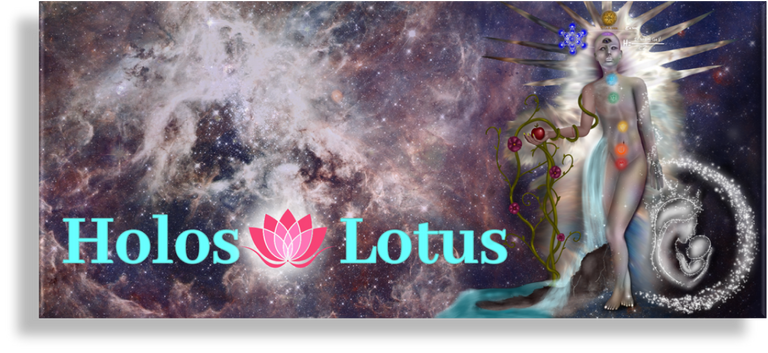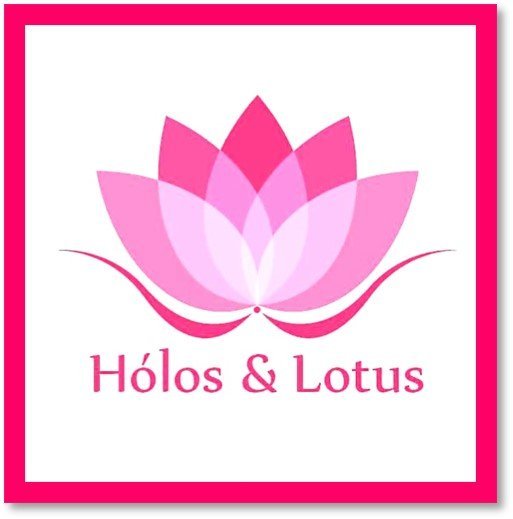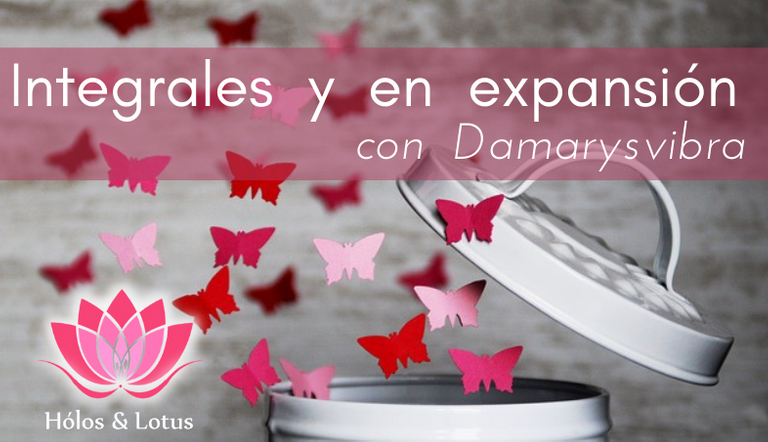
Minimalismo y Simplificar: Herramientas para Vivir Mejor
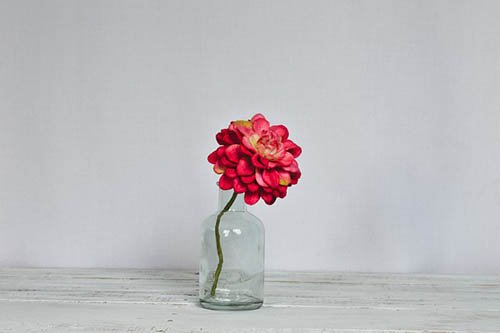
En el mundo del arte el minimalismo hace referencia a encontrar la belleza en lo esencial donde no existe ningún elemento superfluo, todo lo que entra en la composición le da sentido al conjunto de manera armoniosa y equilibrada.
Como corriente artística el minimalismo surge en la década de los 60 y, la verdad es que no se si las conceptualizaciones del crecimiento personal se basaron en ellas para hacer algunas propuestas o si sucedió de manera inversa, lo cierto es que hoy en día la idea se recoge en expresiones como: “Simplifica tu vida”, “soltar”, “viajar más liviano”, entre otras.
Lo interesante de la idea minimalista aplicada a la vida humana es que cuando nos metemos en la onda de simplificar nuestra vida, la salud se potencia, porque en esa simplificación se van fuentes de ansiedad, angustias y estrés, lo cual nos llena de vitalidad y en consecuencia de mayor bienestar.
Por otra parte hay quienes consideran que llevar una vida minimalista responde a una filosofía o estilo de vida que nos va redefiniendo en lo que somos, hacemos, sentimos y tenemos, eso nos da una visión de proceso, que si nos interesa y nos llena, podemos cultivarlo o, sencillamente, tomamos de ello lo que resuena con nosotros porque a fin de cuentas, la idea central es hacer lo que nos conduzca y nos proporciones mayor bienestar. Veamos algunos principios que sustentan esta corriente de práctica de vida.
Principios del minimalismo aplicado a la vida
1.- Lo esencial

¿A que llamamos lo esencial? A lo que es realmente importante y significativo para cada uno, todo lo demás entra en la categoría de accesorio por lo que es posible presidir de ello. Ahora bien, para saber qué es lo esencial para cada uno, es relevante conocer nuestros propósito, él para dónde voy, a dónde quiero llegar, si esto no lo tengo claro no sabré que es lo que puedo o deseo soltar.
También hay unos indicadores puntuales: lo que sentimos que nos pesa, que es una carga, que nos genera molestia… es digno de ser revisado porque muchas veces acumulamos sentimientos, resentimientos, hábitos, recuerdos, objetos que van llenando la mochila de la vida al punto en que prácticamente no podemos ni levantarla del piso para cargarla.
La persona que busca simplificar la vida tenderá a escoger lo que le aporte y nutra más, aligerando sus cargas, lo que le permitirá elevarse con mayor facilidad ante los obstáculos. Siempre es un buen momento para soltar aquello que por apego, temores, costumbre, o “por si acaso”, vamos acumulando.
2.- Vivir con menos
Elaine St. James, en su libro Simplifica tu vida da un listado de 100 acciones para alcanzar este propósito, no todas encajan con nosotros, sin embargo, de ellas se extrae ese gran principio de que “menos es más”. Hay una anécdota de Einstein, no confirmada, de que usaba el mismo tipo ropa para no perder el tiempo pensando en que iba a ponerse, Quizás sea falsa pero, aquel que ha usado uniforme para ir a trabajar, sabe de las grandes ventajas que representa no pararse ante el closed cada mañana para elegir que se pone ese día.
¿Entonces de qué se trata? Se trata de tener menos opciones en aquello que no es esencial para nosotros. Cuántas cosas nos distraen de nuestros propósitos por los excesos: excesos de compromisos, obligaciones, salidas, objetos, por lo general, complicándonos la vida, el simplificarlos nos da espacio físico y temporal para dedicarnos a lo que realmente nos proporciona bienestar.
¿Significa esto que no asumamos compromisos, responsabilidades? No, solo significa que revisemos y estemos atentos porque muchas veces nos llenamos de ellos para escapar de nosotros mismos, para tener una justificación del “no puedo”.
Por otra parte la acumulación nos acerca al sentimiento de la escasez, a esa sensación de tener más porque en el futuro nos puede hacer falta. La abundancia no radica en tener más sino en la confianza, ante la vida, de que vas tener lo que requieres en el momento indicado.
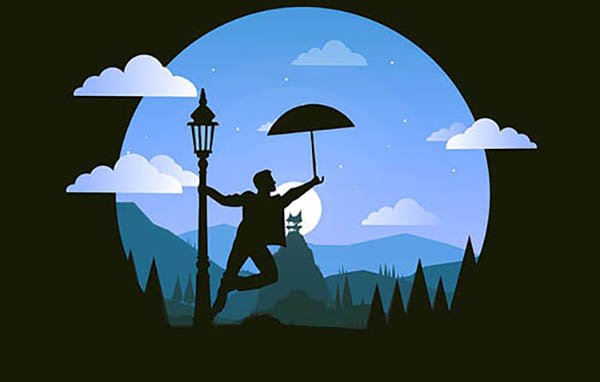
3.- Organizarse
Si algo tiene claro el minimalista es el valor de la organización para poder fluir. Organizarnos nos libera de ansiedades y estrés. Saber lo que vamos a hacer genera tranquilidad, por supuesto, siempre dando espacio a la flexibilidad, a estar dispuestos a dejarnos sorprender por las gratas sorpresas que nos regala la vida y, para lo no tan bueno, siempre encontramos el tiempo para afrontarlo.
Planificar y organizar son herramientas básicas del minimalista. Seguramente has escuchado la frase: “Como es adentro, es afuera” que también funciona a la inversa. Si queremos una vida simplificada donde el bienestar interior sea la dominante, nuestro mundo exterior debe estar en concordancia con ello. El desorden, el no colocarle sitio a las cosas, el abarrotar los espacios de objetos que “tal vez algún día necesitaremos”,
sencillamente va en contradicción con el sosiego y la paz interior. De igual manera nuestros pensamientos apremiantes, desbocados, nos sumergen en el caos alejándonos de la salud y el bienestar.
Enfocarnos en lo que verdaderamente nos importa es como limpiar el camino de la hierba mala, la paja, lo enrevesado, andar por senderos más despejados. El minimalismo y la simplificación podemos tomarlas como herramientas que nos ayudan a ser más libres, a soltar aquello que realmente no necesitamos para fluir mejor dentro del bienestar que, lo cual se constituye en un gran propósito de vida.
Gracias por ser y estar
@damarysvibra

Minimalism and Simplify: Tools for Better Living

In the world of art, minimalism refers to finding beauty in the essential where there is no superfluous element, everything that enters into the composition gives meaning to the whole in a harmonious and balanced way.
As an artistic current, minimalism emerged in the 60's and, the truth is that I do not know if the conceptualizations of personal growth were based on them to make some proposals or if it happened in reverse, the truth is that today the idea is collected in expressions such as: "Simplify your life", "let go", "travel lighter", among others.
The interesting thing about the minimalist idea applied to human life is that when we get into the wave of simplifying our life, health is enhanced, because in this simplification sources of anxiety, anguish and stress are eliminated, which fills us with vitality and consequently greater well-being.
On the other hand, there are those who consider that leading a minimalist life responds to a philosophy or lifestyle that redefines us in what we are, do, feel and have, that gives us a vision of process, that if it interests us and fills us, we can cultivate it or, simply, we take from it what resonates with us because at the end of the day, the central idea is to do what leads us and provides us with greater well-being. Let's look at some of the principles that underpin this current of life practice.
Principles of minimalism applied to life
1.- The essential.

What do we call the essential? To what is really important and significant for each one, everything else falls into the category of accessory so it is possible to preside over it. Now, to know what is essential for each one, it is relevant to know our purpose, where I am going, where I want to get to, if this is not clear to me I will not know what I can or want to release.
There are also some specific indicators: what we feel that weighs us down, that is a burden, that causes us discomfort ... is worth to be reviewed because many times we accumulate feelings, resentments, habits, memories, objects that fill the backpack of life to the point that we can not even lift it off the floor to carry it.
The person who seeks to simplify life will tend to choose what contributes and nourishes him the most, lightening his burdens, which will allow him to rise more easily in the face of obstacles. It is always a good time to let go of what we accumulate due to attachment, fear, habit, or "just in case".
2.- Living with less
Elaine St. James, in her book Simplify your life gives a list of 100 actions to achieve this purpose, not all of them fit with us, however, from them is extracted the great principle that "less is more". There is an anecdote about Einstein, not confirmed, that he used to wear the same type of clothes so as not to waste time thinking about what he was going to wear. Maybe it is false but, those who have worn a uniform to work, know the great advantages of not standing in front of the closed every morning to choose what to wear that day.
So what is it all about? It's about having less choice in what is not essential to us. How many things distract us from our purposes by excesses: excessive commitments, obligations, outings, objects, generally complicating our lives, simplifying them gives us physical and temporal space to dedicate ourselves to what really provides us with well-being.
Does this mean that we do not assume commitments,
responsibilities? No, it only means that we review and be attentive because many times we fill ourselves with them to escape from ourselves, to have a justification of "I can't".
On the other hand, accumulation brings us closer to the feeling of scarcity, to that sensation of having more because in the future we may lack it. Abundance does not lie in having more but in the confidence, before life, that you will have what you need at the right time.

3.- Organize
If something is clear to the minimalist is the value of organization in order to flow. Getting organized frees us from anxieties and stress. Knowing what we are going to do generates tranquility, of course, always giving space to flexibility, to be willing to let ourselves be surprised by the pleasant surprises that life gives us and, for the not so good, we always find the time to face it.
Planning and organizing are basic tools of the minimalist. Surely you have heard the phrase: "As within, so without" which also works the other way around. If we want a simplified life where inner well-being is dominant, our outer world must be in accordance with it. Clutter, not making room for things, cluttering spaces with objects that "maybe someday we will need", simply contradicts inner peace and tranquility. In the same way, our urgent, unbridled thoughts submerge us in chaos, distancing us from health and wellbeing.
Focusing on what really matters to us is like clearing the path of the weeds, the chaff, the clutter, walking on clearer paths. Minimalism and simplification can be taken as tools that help us to be freer, to let go of what we don't really need to flow better into wellness, which is a great life purpose.
Thank you for being
@damarysvibra

Si quieres ser parte activa de esta comunidad puedes escribir y compartir tu contenido en Holos & Lotus, comentar y apoyar las publicaciones de otros usuarios o realizar delegación de HP a la comunidad. Si deseas más información puedes contactar a @miriannalis, @yonnathang, @chaodietas o @pavanjr.
Banner elaborado en Canva con los elementos disponibles en su versión gratuita /
Banner elaborated in Canva with the elements available in its free version.
Banner de la Comunidad diseñada por la artista berlissanoja / Community
Logo de la Comunidad elaborado por el diseñador casilokodesign / Community logo designed by designer casilokodesign.

